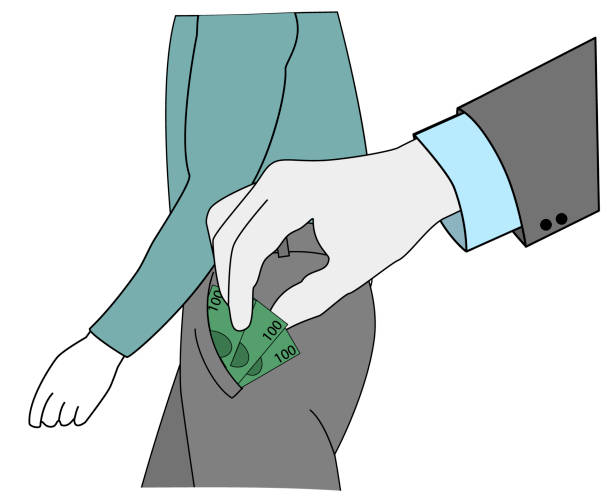A story today in The News Tribune demonstrates how the free market works and why government does not need to control the wages a business pays its workers.
Torklift International, a manufacturer of recreational vehicle parts and accessories in Sumner, has decided to raise the wages of its 55 employees to $15 an hour. The company made this decision voluntarily, because it was a good decision for their business.
Torklift’s general manager said the decision reflects the company’s desire to show appreciation for their workers’ contribution to Torklift’s “reputation for building quality products,” and the part that has played in the company’s success. The company said the $15 wage will help reduce turnover by retaining the experienced workers Torklift has “invested considerable time and money to train,” and will draw more skilled applicants when new jobs do become available.
This is exactly how a free labor market should—and does—work. Workers who may have had little or no skills when they began working for a lower wage are being rewarded with higher wages as their skills and contribution to the company have expanded. The higher wages make it less likely these now trained and skilled workers will leave for companies that offer better wages, reducing the turnover costs that are associated with having to hire and train new workers. The company attracts more skilled, higher performing applicants because of the competitive wage. Everyone wins.
Henry Ford recognized the mutual benefit of paying a higher wage a century ago. Contrary to the oft repeated feel-good folklore that Ford selflessly doubled his workers’ wages so they could afford to buy a new car, the reality is Ford increased his workers’ wages because doing so made sense for his business. Ford needed to reduce employee turnover because an empty spot on the assembly line meant production stopped, which cost the company money. It then cost the company more money to hire and train new workers. Ford made the decision to increase wages to ensure workers stayed on the assembly line. Workers earned more and the company saved money. Everyone won.
Like Ford, Torklift did not increase their workers’ wages out of charity. They did it because it made financial sense for their unique business. And like Ford, they did it without a government mandate.
Of course, if every employer were forced by government to pay $15 an hour, the $15 wage paid by Torklift would not be so special. Torklift would be forced to further increase wages in order to maintain the competitive wages that reduce turnover.
As liberal economist Paul Krugman explains:
“…there is a fundamental flaw in the argument [that a high minimum wage reduces turnover]: Surely the benefits of low turnover and high morale in your work force come not from paying a high wage, but from paying a high wage “compared with other companies” — and that is precisely what mandating an increase in the minimum wage for all companies cannot accomplish.”




